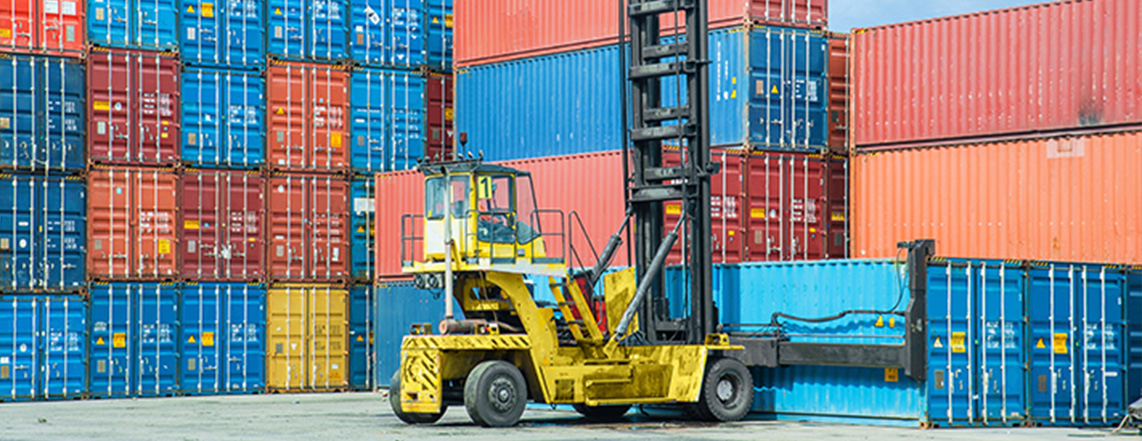
We pay for the standard losses when your cargo is damaged by rough handling, wet damage, theft, non-delivery, fire and vessel sinking as provided in the Institute Cargo Clause.
There are 3 types of marine cargo policies available. They are Open Policy, Annual Policy and Single Policy. Any one of these policies can cover shipment by sea, air or land conveyance.
An Open Policy is suitable for merchants who have regular import and export of goods and merchandise worldwide.
The features of an Open Policy are:
If you want to avoid the hassle of making declarations, then an Annual Policy is another option.
An Annual Policy is similar to an Open Policy but its features are:
A single policy is suitable if your shipments are infrequent or as and when you require such a policy. A separate policy is issued for each and every shipment made and for each shipment a premium is charged.
A Marine Cover Note is suitable where you need to import a particular consignment but you do not know exactly the shipment date. It is valid for a limited period, usually three months. As soon as a shipment is made within this period, you have to declare this shipment. A separate policy will be issued on this shipment and a premium paid based on the rate agreed at the inception of the Marine Cover Note.
Under the marine cargo insurance, the claimant can claim under one of the 2 insurance policies. It is then up to the insurer who has paid the claim to recover a proportion of his outlay from the other insurer.
Not very often. The incidence of General Average is more frequent with older or poorly maintained vessels.
The insured will not be able to do so as he/she remains the owner of the cargo and must act responsibly.
Some policies impose time limits - others do not. As a general rule, the longer it takes to claim, the more difficult it is to prove that the loss occurred within the policy period. In addition there is a duty on the insured to preserve subrogation rights against third parties. Notices have to be filed within the strict time limits as spelt out in the bill of lading and airway bill.
The insured will need to refer to the policy wordings to be certain. As a general rule, changes of this kind are held covered. If there is a significant change in the risk, an additional premium may be payable.